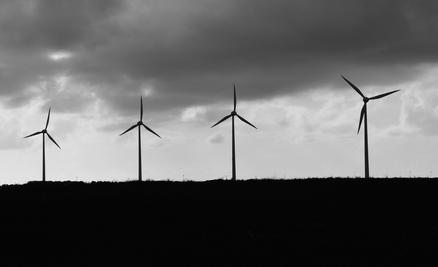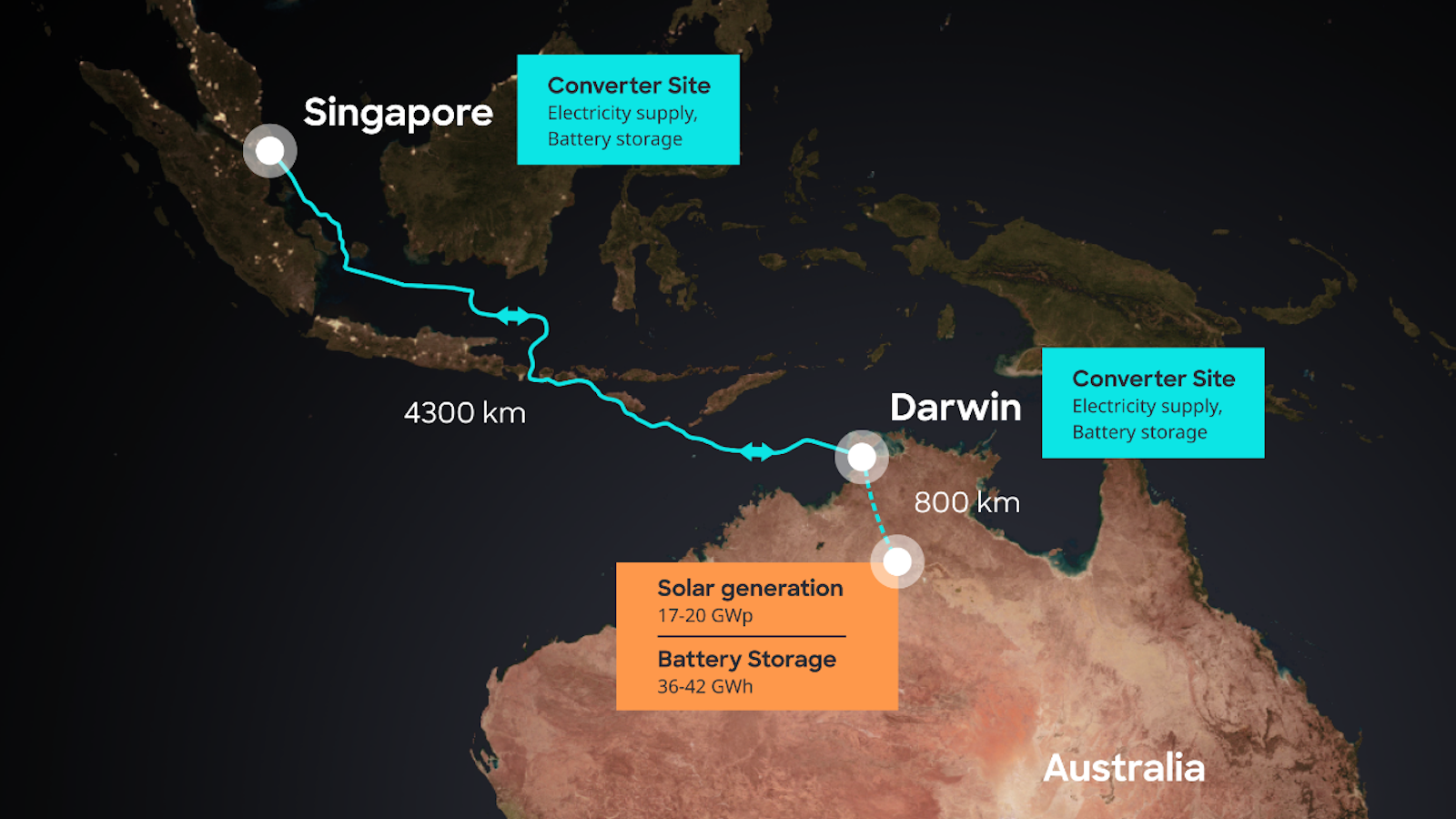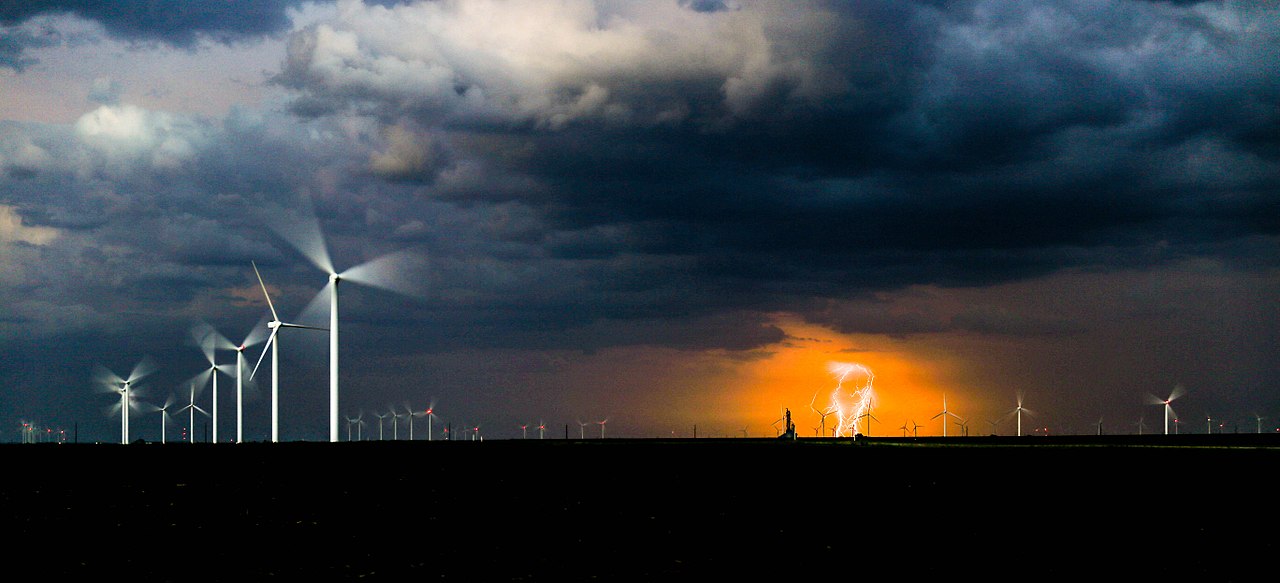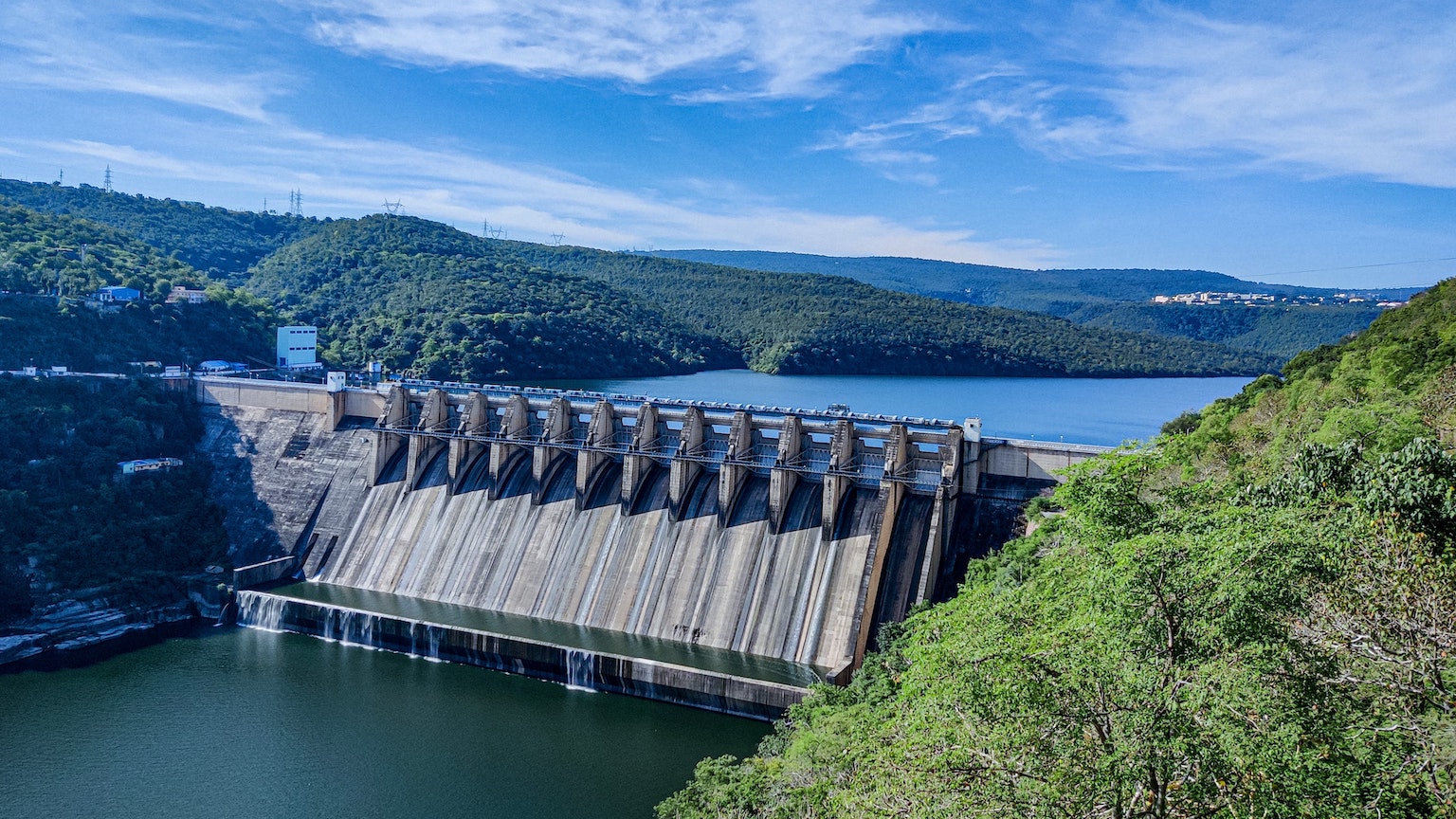The Dark Side of Wind Power

What’s the Latest Development?
Wind energy is becoming big business, particularly in developing countries where traditional electricity infrastructure is lacking. Wind power also represents a kinder, greener version of economic development. But it is precisely this clean image which allows the negative effects of wind farms to slip beneath the radar, say civil rights advocates. Often, experts say, contracts for energy farms are negotiated with indigenous populations who, after being given incomplete information, see their small lands swallowed up by ranging wind farms.
What’s the Big Idea?
While developed nations once controlled wind farm technology, China and India, for example, are now building the infrastructure at home. The emphasis on investment has created a new national industry in both countries. Much of the global wind farm boom, which today can power the equivalent of six Britains, exists because of carbon offsetting schemes, allowing companies to build windmills in place of cutting CO2 emissions. Is wind power a free market solution to climate change or a blank check for big business to pollute more?
Photo credit: shutterstock.com





